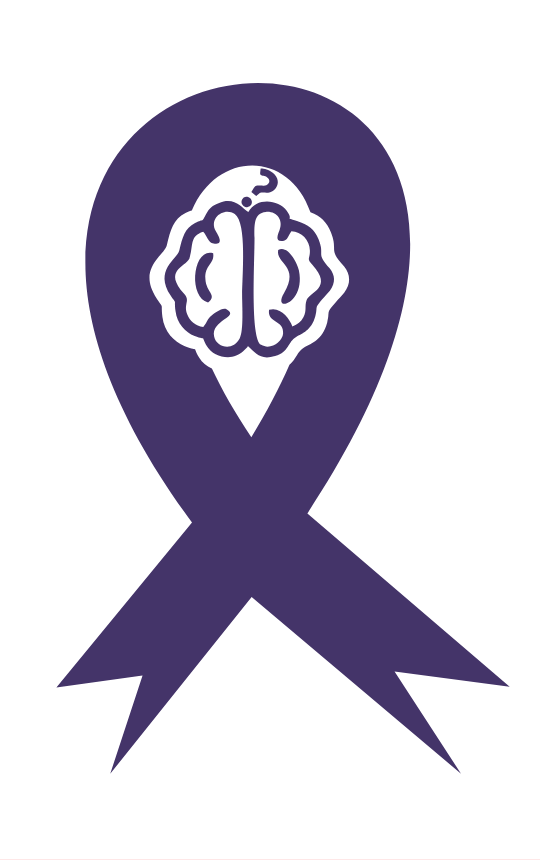
A family guide to navigating Alzheimer’s and Dementia
A family guide to navigating Alzheimer’s and Dementia
A family guide to navigating Alzheimer’s and Dementia
Every September, World Alzheimer’s Month shines a light on a condition that quietly affects millions — often before families even realise what’s happening. Dementia, explains old age psychiatrist Dr. Ryan Fuller, is best described as chronic brain failure. “The brain is an organ like the heart or kidneys,” he says. “And when it slowly stops functioning, over months or years, it impacts memory, behaviour, and how a person relates to the world.”
Alzheimer’s disease accounts for over 70% of dementia cases. But it’s not always easy to diagnose. Sometimes grief, depression, or life changes in older age can mimic the symptoms. That’s why diagnosis requires more than a brain scan — it involves understanding the whole person, their history, and their circumstances.
“Just because someone seems confused doesn’t mean they have dementia,” says Dr. Fuller. “There are many other causes. We have to look at each person with fresh eyes.”

Diagnosis is often a team effort — involving general practitioners, psychiatrists, psychologists, social workers, and family members. And because no two people are the same, no two diagnoses are either. Support structures, financial situations, family dynamics — they all play a role.
Living in the moment: Inside the mind of a person with Dementia
Dementia is often a communication breakdown — not just between brain and body, but between people. “They still feel. They still want to be understood,” Dr. Fuller emphasises.
It’s not uncommon for someone with dementia to mistake their daughter for their sister — not out of stubbornness, but because their mind is rooted in a different decade. “In their mind, they haven’t had children yet,” he explains. This confusion can cause immense frustration and fear, often expressed as withdrawal or even anger.
To help families navigate these moments, here are a few Do’s and Don’ts:
✅ DO:
-
Validate their emotions, even if the facts are incorrect.
- Use gentle distraction to de-escalate confusion or distress.
- Stick to familiar routines and environments when possible.
- Draw on their personal history to spark joy (e.g., music, old photos).
- Ask for help — from support groups, clinicians, or peer networks.
❌ DON’T:
-
Correct or argue — it rarely helps and often escalates anxiety.
- Quiz them on names or facts — it creates unnecessary pressure.
- Ignore behavioural changes — they may indicate unmet needs.
- Take things personally — the disease changes how people interact.
- Strive for perfection — “good enough” is often the kindest aim.
Bringing it back to the person: Dr. India Butler on loss, identity and compassionate care
Geriatrician Dr. India Butler offers another layer of insight: “Dementia is a disease of loss — a loss of who someone was, and a slow shift into something unfamiliar. But often, the person with dementia is content in their smaller, simpler world. It’s the loved ones who carry the emotional weight.”
Some forms of dementia are particularly distressing — Lewy Body Dementia, for instance, can bring terrifying hallucinations. But not all dementia presents this way. Dr. Butler encourages families to focus less on “what’s being lost” and more on who the person still is.
“Understanding personal routines — even something as simple as preferring a bath at night — can avoid daily battles,” she says. “And personalising care, like using music or games they used to love, can bring joy and calm.”
She also stresses the importance of caregiver well-being. “You can’t pour from an empty cup. Respite care isn’t a luxury — it’s a necessity.” Guilt, she says, is common among carers who consider institutional care, but often those facilities are designed to give people a better quality of life. “It’s okay to step back and return to being their daughter, their son, their partner — not just their carer.”
Dr. Butler is a strong advocate for “kind deception” — using white lies to reduce distress. “If someone wants to call their sister who’s passed away, there’s no need to remind them of that grief again. Just say, ‘She’s visiting her daughter, we’ll try tomorrow.’ It’s not about dishonesty. It’s about compassion.”
Hope, humanity and the role of support
Dementia can be cruel — not just because of the disease itself, but because society often doesn’t know how to respond. “If someone breaks a leg, we offer help,” says Dr. Fuller. “But with dementia, because we can’t see the damage, people assume the worst.”
That’s why support — from healthcare professionals, family members, and peer groups — is crucial. Free online support groups, dementia clinics, and educational resources can make all the difference. Families are encouraged to start with a GP, who can refer them to the right specialists.
There is no one-size-fits-all approach. Every person with dementia is unique — shaped by their culture, family, faith, and life story. Recognising this helps us move from fear to empathy, and from stigma to understanding.
“The way we treat people with dementia — with dignity, patience and compassion — reflects the soul of our society,” says Dr. Fuller. “And one day, we may be the ones needing that grace.”
This World Alzheimer’s Month, let’s reach in — not pull away — from those living with dementia. And stay tuned to HOT 1027 as Tara Penny shares valuable insights from experts.
Listen to Dr Ryan Fuller’s full set of answers…









